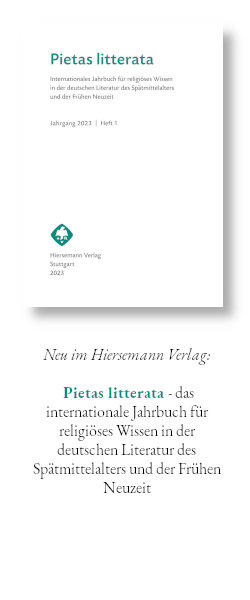ut eius uirginea reserassem uincula: unlocking the relationship between the Latin and German stanzas of Carmen Buranum 180
DOI:
https://doi.org/10.36191/mjb/2024-59-1-3Schlagworte:
Carmina Burana, ontrafacture, compilation, Minnesang, gender, medieval Latin lyricAbstract
This article revisits Carmen Buranum 180, transmitted only in Munich, Bayerische Staatsbibliothek clm 4660, the so-called Codex Buranus. It is argued that the nine stanzas (seven in Latin and two in German) and the two refrains should be read as one coherent poem, rather than as examples of compilation or contrafacture. Moreover, it is suggested that the Latin of the seventh stanza has been misinterpreted and, further, that – as an example of the sophisticated experimentation with literary form found in this manuscript that often challenges readerly expectations – all of the stanzas and refrains belong to one male lyric persona, rather than switching between male and female voices.


